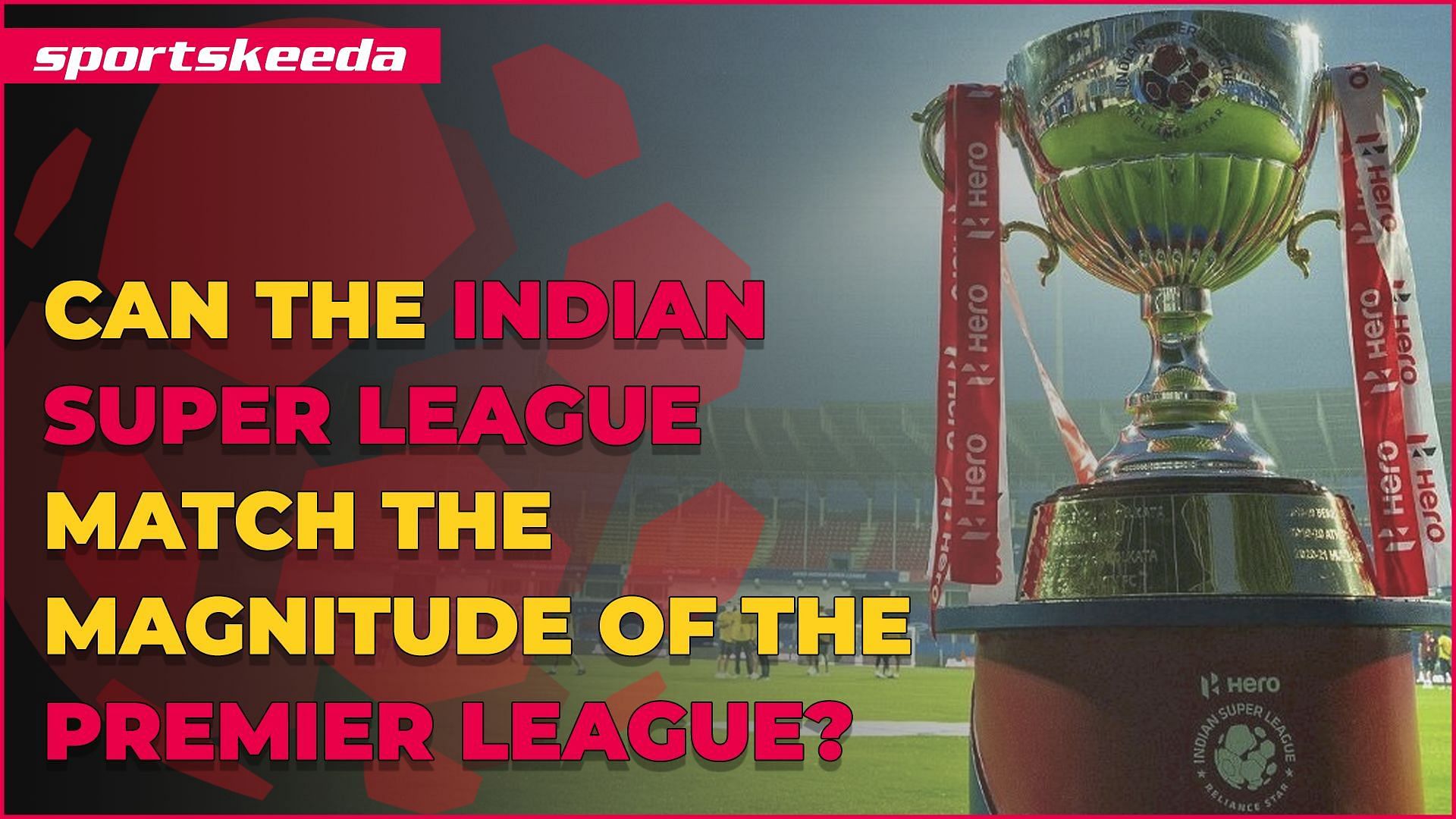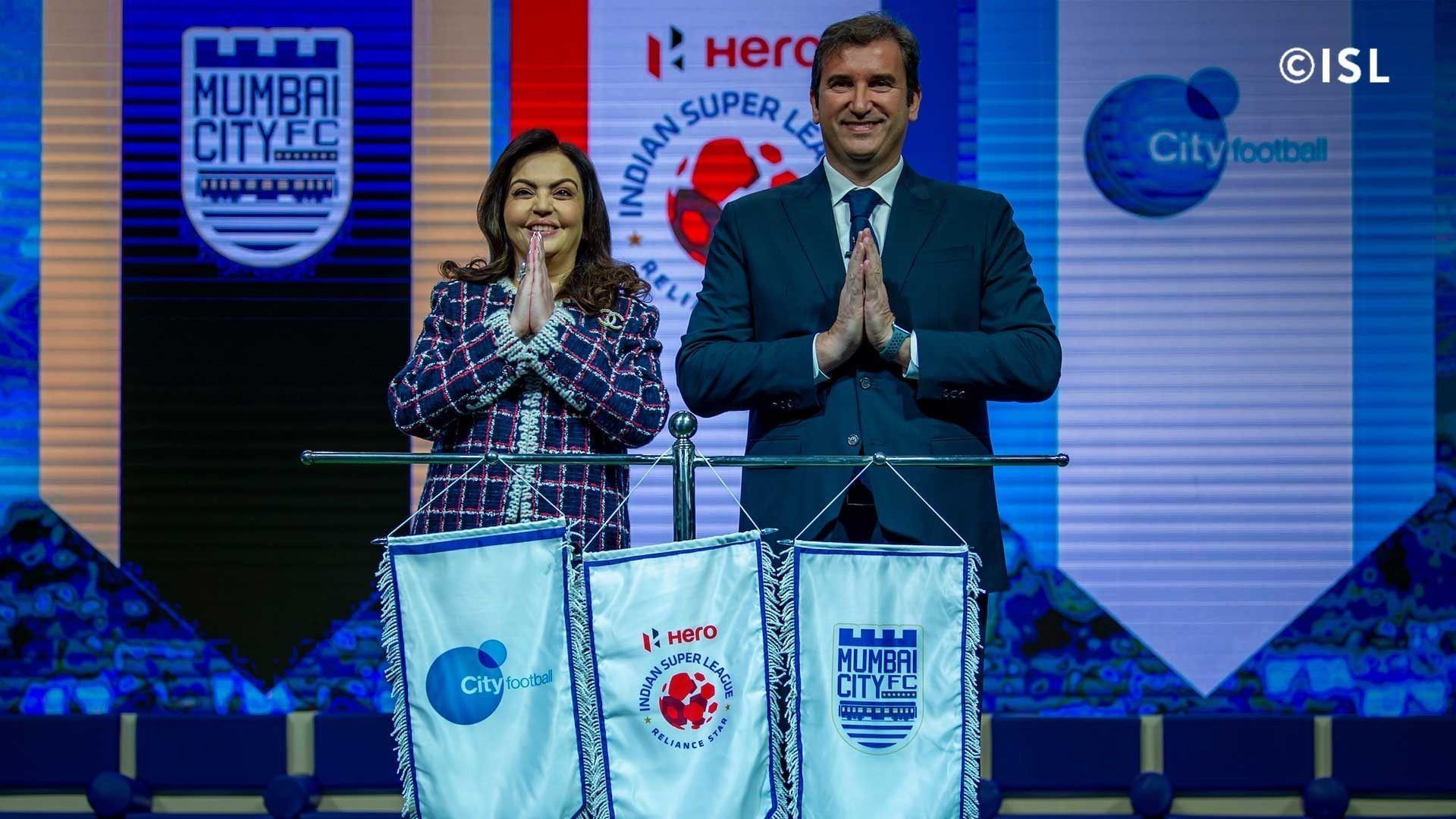
Can the Indian Super League match the magnitude of the Premier League?
The Indian Super League's (ISL) organizers recognized the importance of investing in infrastructure and youth development to build a robust football ecosystem. Many clubs set up state-of-the-art training facilities and academies to nurture young talent and improve the overall standard of football in the country. The ISL has gained immense popularity in recent years as a result, attracting football fans from across the country. However, comparing it to the Premier League, the pinnacle of English football, might seem like a stretch.
The Premier League has established itself as the most-watched and lucrative football league in the world, captivating fans globally with its high-level competition, star players, and intense rivalries. On the other hand, the ISL, founded in 2013, is a relatively new addition to the football landscape, aiming to ignite the passion for the sport in India.
India, with its massive population and passion for sports, has the potential to become a football powerhouse. The success of cricket in the country demonstrates that Indians are passionate sports enthusiasts. With the right investment, development of grassroots football, and infrastructure improvements, the nation can develop a strong football culture that would benefit the ISL.
In this article, we'll examine the potential for the ISL to reach the same level of success as the Premier League.
The Indian Super League: A game-changing vision for football in cricket's nation

Launched in 2014, the Indian Super League was an ambitious project that sought to revolutionize football in India. Co-promoted by the All India Football Federation (AIFF) and Reliance Industries, the ISL aims to popularize the sport and cultivate a footballing culture in a cricket-dominated nation.
It follows a franchise-based model, attracting investments from prominent Indian businessmen and Bollywood stars. This has brought glamor and entertainment aspects typically associated with cricket.
Additionally, the introduction of marquee players and renowned coaches from around the world brought international exposure and credibility to the league. The likes of Alessandro del Piero, Diego Forlan, Roberto Carlos, Dimitar Berbatov, and Nicolas Anelka graced the Indian pitches, adding a touch of global footballing excellence to the domestic league.
Beyond boundaries: The road to global broadcasting for the Indian Super League

One of the cornerstones of the Premier League's success is its lucrative broadcasting deals, which contribute substantially to its revenue. The EPL's broadcasting rights have been sold to numerous countries, ensuring that millions of football fans have access to live matches week in and week out.
The ISL has also made significant progress in securing broadcasting deals, but it still lags behind the EPL in terms of global reach. To compete on the world stage, the ISL must continue to expand its international broadcasting network and attract more eyeballs from football-enthusiast regions.
Globalizing the game: How international investments revolutionized the Indian Super League
International investments in the Indian Super League (ISL) have brought in global football expertise and practices, contributing to the league's growth and development. Through strategic partnerships and ownership collaborations, the ISL has gained valuable insights and access to successful footballing models from around the world.

The City Football Group, based in Manchester, United Kingdom, is a prime example of an international entity that has invested in the Indian Super League. In 2014, CFG joined hands with the ISL franchise Mumbai City FC, acquiring a significant stake in the club. This partnership has had a transformative impact on Mumbai City FC and the ISL as a whole.
The ISL's path to success: Overcoming the challenges of a young league
While the Indian Super League has experienced remarkable growth, several challenges lie ahead in its quest to rival the Premier League's grandeur:
- Footballing legacy: The Premier League has a rich history that spans over a century. Football is deeply ingrained in England's culture, giving the EPL a significant advantage over the relatively young ISL.
- Competition and talent: The level of competition and quality of players in the Premier League are unparalleled. To match that standard, the ISL needs to continue investing in youth development and attract top talent from around the world.
- Grassroots development: Grassroots football is the foundation of any successful footballing nation. India must invest heavily in grassroots development to produce a steady stream of talented players.
- Financial sustainability: The EPL's financial prowess is a result of years of successful business strategies. The ISL must ensure financial sustainability to avoid pitfalls and grow consistently.
Unveiling the potential: The Indian Super League's path to prominence in world football
While it may be challenging for the ISL to reach the same level as the Premier League, it undoubtedly has the potential to become a prominent football league in the world.
With continued investment in infrastructure, youth development, and increasing fan engagement, it could eventually attract top-class players, coaches, and investors, boosting the level of competition and the league's overall popularity. The key lies in overcoming the challenges and creating a sustainable footballing ecosystem in India.
Hence, the ISL must overcome challenges related to financial resources, player quality, infrastructure, fan engagement, and long-term sustainability. The league's recent strides, along with continued investment and strategic planning, offer hope for a brighter future. As the ISL evolves and learns from the Premier League's success, it has the potential to carve out its own unique identity and become a force to be reckoned with on the global football stage.